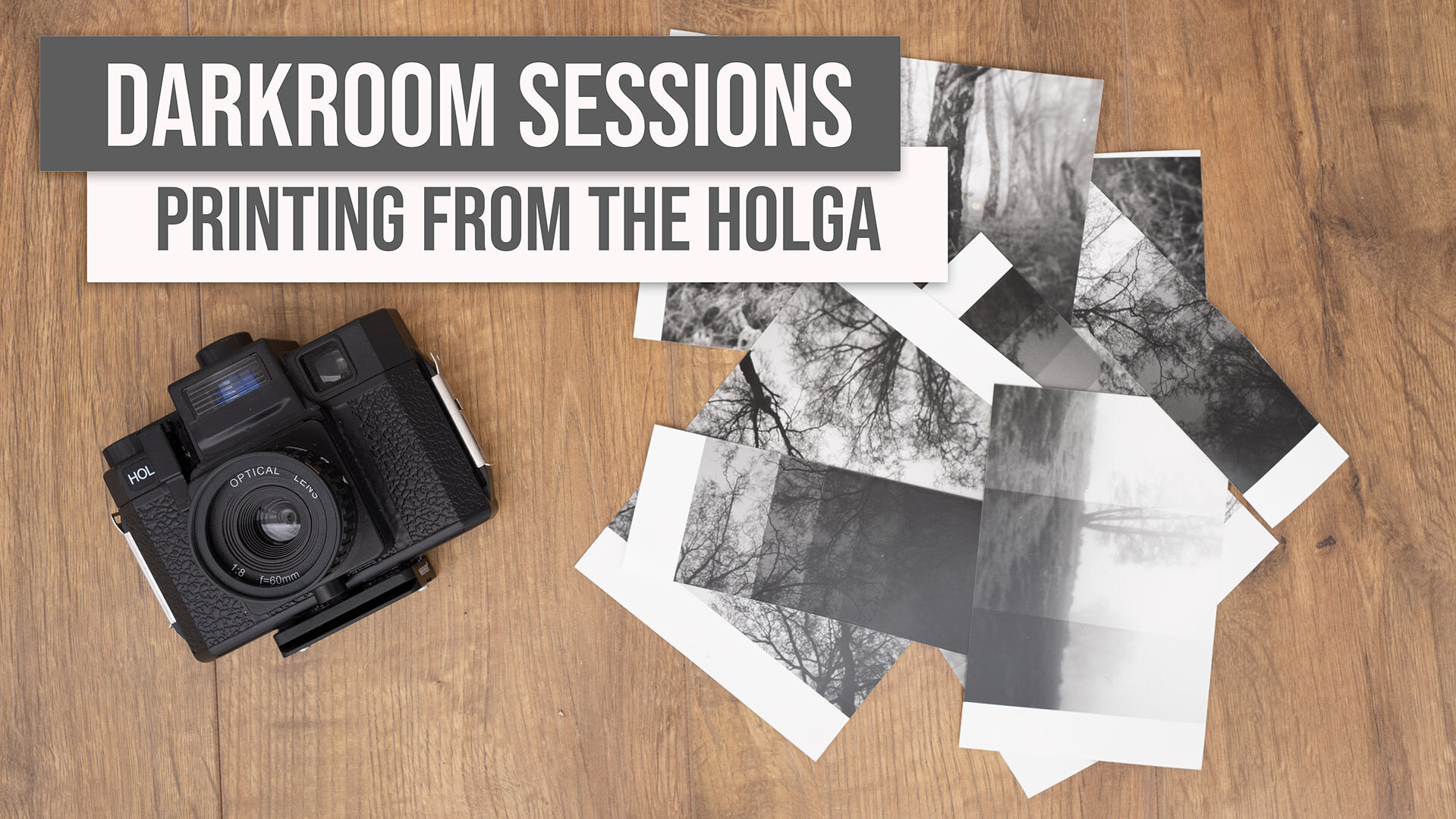CHOOSING A 6X7 CAMERA
The Pentax 67 MLU version with the classic 105mm f2.4 lens and metered prism.
The lure of a 6x7 camera is one that's hard to resist. The negatives are huge and you still get 10 shots to a roll, which feels just about ok. It's also a great size for printing on 8x10 paper in the darkroom, as well as giving you plenty of options for cropping should you want to. Another advantage is how the larger negatives handle grain. One of my favourite films to use is Ilford Delta 3200, and the grain is very smooth compared to how it looks in 35mm format.
There are also some excellent camera options out there, many of which have stellar reputations, that offer a wide range of lens choices too. I have owned three 6x7 cameras; the Mamiya 7ii, Mamiya RZ67 Pro ii and the Pentax 67 MLU. This isn’t an in-depth review of either camera, but more of an quick overview of each of them, which I hope you find useful if you’re considering a 67 camera.
The Mamiya 7ii is a rangefinder-style camera which although has exceptional lenses, does not come without its issues.
Pros
Size and weight - It's a very portable camera and easy to hand hold
Lens performance is exceptional. Sharp wide open and have lovely rendering
Reliable built-in light meter
Leaf shutter allows you to handhold at slower shutter speeds
Aperture Priority
Cons
Lack of long lens options - The longest 210mm option is not linked to the rangefinder, so not practical
Poor Minimum focusing distance (typical for rangefinder cameras)
Cost of bodies as lenses has shot up
The exceptionally sharp 43mm lens with the Mamiya 7ii is a wonderful landscape combo.
The Mamiya RZ67 Pro ii is a modular camera system, comparable in concept to a Hasselblad. Again, the glass is exceptional but has more flexibility than the Mamiya 7ii due to its modular nature.
Pros
Wide range of exceptional lenses, including longer telephoto options
Rotating back allows easy switching between vertical and horizontal formats
Bellows focusing allows close focussing options without the use of extension tubes
Prices have gone up, but still affordable and lenses are excellent value
Cons
Size and handling. It's a big beast that's not easy to use handheld
No light meter unless using the AE prism
A portrait of musician, David Squire, shot using the Mamiya RZ67 Pro ii and Ilford Delta 3200 Film
The Pentax 67 ii is my current 6x7 Camera and is a system that I've wanted to use for a while now. It is an SLR style camera, just supersized.
Pros
Wide range of exceptional lenses, including longer telephoto options
Works like an SLR and is very familiar to use
Extension tubes allow for close focussing
Prices have gone up, but still affordable and lenses are excellent value.
Cons
Size and weight. It's big and heavy but can be handheld if shooting at 1/125 or faster
Prism only shows 90% of the viewfinder
No light meter unless using the TTL prism
The Pentax 67 with the 105mm lens is known as an excellent portrait combo, and it doesn’t disappoint
A 67 Camera won’t be for everyone. Apart from the Mamiya 7ii, they’re not particularly small, lightweight or discreet, and as always there are compromises with any camera system. I’ve settled on the Pentax 67 because if offers what I need in a system. At the moment. The size of the negatives make excellent prints in the darkroom, which is ultimately my main goal, so I’m really enjoying shooting the Pentax 67.






A series of images from a Chateau in France using a Hasselblad X-Pan with Ilford Photo HP5 film